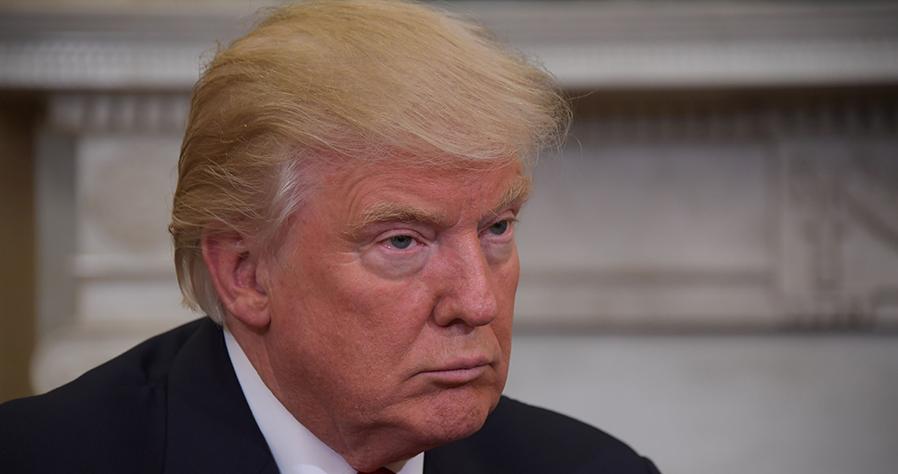
Dennis V. Hickey, James F. Morris Endowed Professor of Political Science, Missouri State University
Dec 13, 2016
What does Donald Trump’s victory mean for Sino-American relations? With no experience in government, Trump is unique among all past American presidents. It also means the new president has no political background by which the Chinese can predict his behavior. Trump will come to the White House with a “clean slate” with respect to official “China policy.”
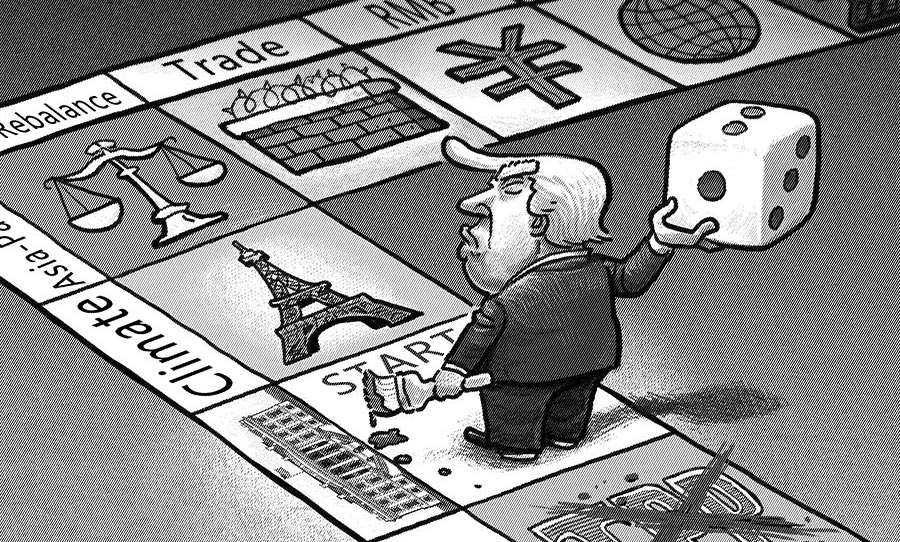
Yang Jiemian, Senior Fellow and Chairman of SIIS Academic Affairs Council
Dec 13, 2016
The new US leader must truly realize that managing US-China relations in a constructive manner is essential for both countries and the world at large. While Trump plans a dial-back on some US commitments abroad, he cannot change all market rules at will -- and he’s barking up the wrong tree when he attributes most of America’s economic problems to China.
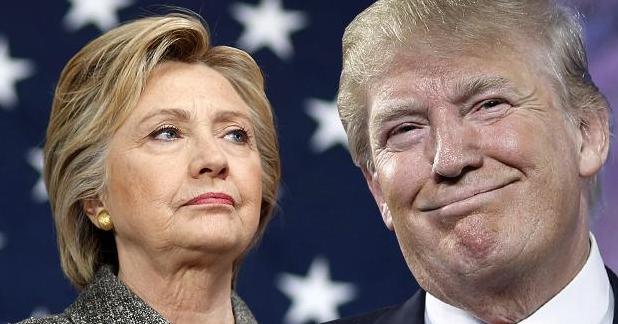
Doug Bandow, Senior Fellow, Cato Institute
Nov 07, 2016
China has experienced significant cultural and economic developments since the late 1990’s. Because of China’s growing dominance on the international stage and changing internal politics, the significance of Chinese public opinion is becoming more significant in policy decisions. American policymakers, too, should pay attention to Chinese public opinion. The dynamic worldview of Chinese opinion is illustrated through these statistics, which Washington can use in developing its policy toward Beijing. The U.S.-China relationship obviously matters for the two nations, and also affects the rest of the world.
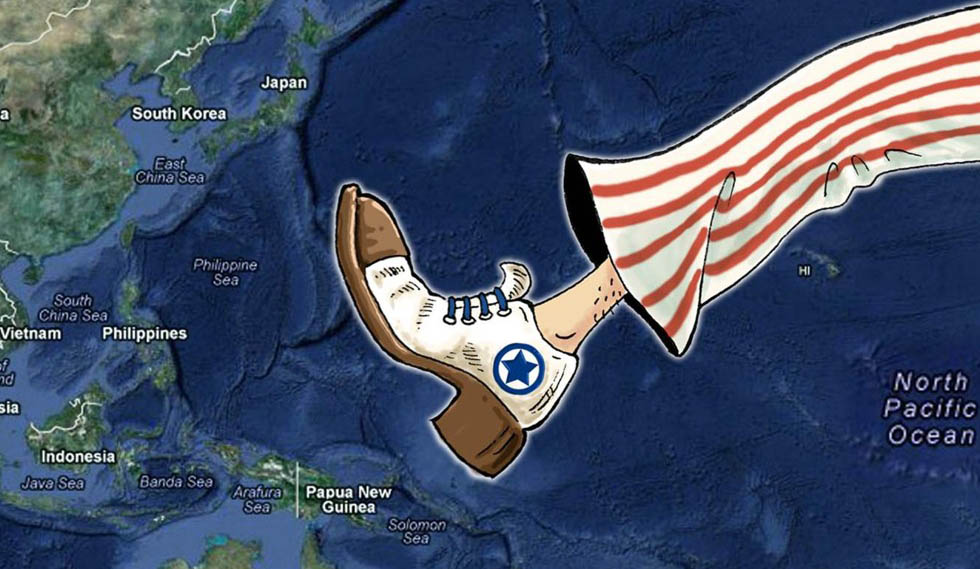
Zhao Gancheng, Senior Fellow, Shanghai Institutes for Int'l Studies
Nov 25, 2016
As Chinese leaders reiterate, the Pacific is wide enough to support the development needs of both China and the U.S. China’s huge development has never relied on challenging American leadership in the international system, and the Chinese achievements have contributed to global economy and prosperity. Eager to work with the U.S. for peace and development, China sees no reason for the American game in China’s periphery.
Sourabh Gupta, Senior Fellow, Institute for China-America Studies
Nov 30, 2016
Donald Trump’s unabashed pandering to an aggrieved white voter base as well as the long-standing consistency of his (much less-noticed) anti-trade convictions bear implications for Washington’s China policy. As the disillusioned, blue-collar nativist element within slowly defects from a party that remains bound and determined to cater to the interests of its 1% backers, including under the incoming Trump Administration, U.S. politics will enter a period of flux.
Zheng Yu, Professor, Chinese Academy of Social Sciences
Nov 28, 2016
The US has shown no desire to defend the arbitration award with force as hinted by the exercise in the Philippine Sea. Although the American strategic community now sees markedly greater risks of military conflict with China, US decision-makers also don’t believe that the US has the ability to change or stop China’s international conduct by force.
Yin Chengde, Research Fellow, China Foundation for International Studies
Nov 28, 2016
Trump is not ideologically driven and is less biased against China than Clinton, with business ties booming with Chinese partners. Without such ties, US domestic statistics suggest, the US economy would shrink by one-third and prices would go up by one-third — undermining US status as the heart of global financial system. This is a price that the US could ill-afford, and Trump is pretty strong on math.
Wu Zurong, Research Fellow, China Foundation for Int'l Studies
Nov 16, 2016
A president-elect’s promises and actual policies are always two different things. “Putting America first”, Trump’s chief consideration, means that a quick expansion of the U.S. role in international affairs doesn’t look likely in the near future. But remarkable shrinkage in U.S. diplomatic and military activities in the world will not happen very soon either.
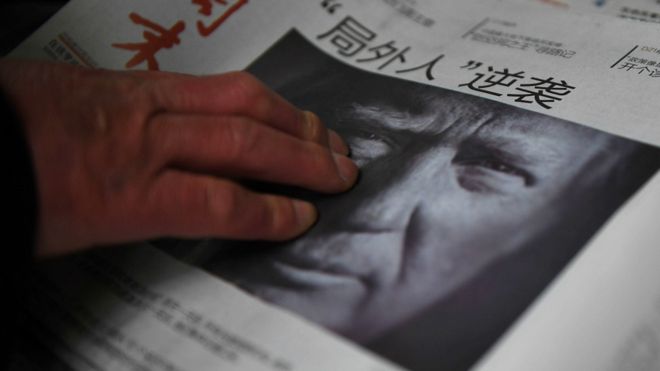
Jared McKinney, PhD student, S. Rajaratnam School of International Studies
Nov 11, 2016
Donald Trump will be the next president of the United States, which could signal a new configuration for U.S.-China relations. Three options appear possible. First, Trump’s Administration could end up confusing China through a mixture of respect and intimidation. Second, Trump’s Administration could opt to preserve the status quo of economic engagement but American military superiority in East Asia. And Third, Trump’s Administration could seek to orient the bilateral relationship towards respect and mutual benefit, avoiding “self-damaging” competition. Which path will be taken will largely rest on the sort of people Trump appoints to his Administration.
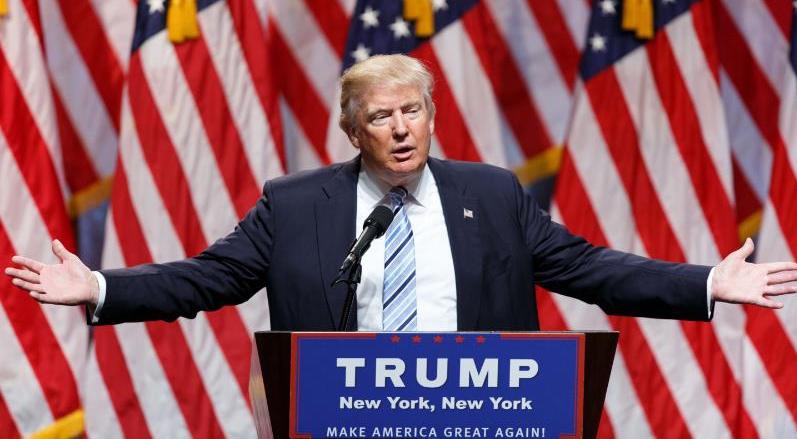
Sun Chenghao, Fellow, Center for International Security and Strategy, Tsinghua University
Nov 10, 2016
Reacting to issues from Korea to the South China Sea, the next president of the United States should carefully build mutual confidence and reduce the possibility of risks. Holding the annual summit between the two leaders as early as possible in 2017 would be a great first step.